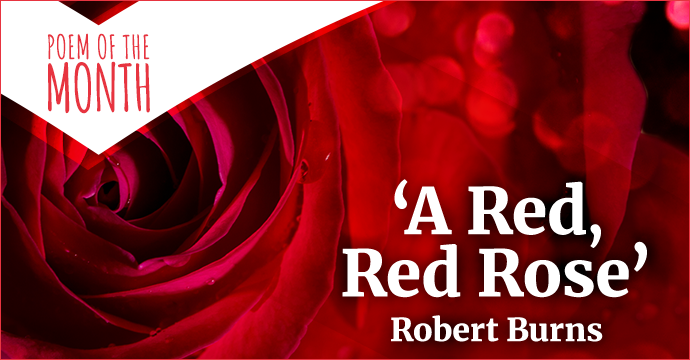
O, my luve is like a red, red rose,
Robert Burns, 1794
That’s newly sprung in June:
O, my love is like the melodie,
That’s sweetly play’d in tune.
As fair art thou, my bonnie lass,
So deep in luve am I
And I will luve thee still, my dear,
Till a’ the seas gang dry.
Till a’ the seas gang dry, my dear,
And the rocks melt wi’ the sun!
And I will luve thee still, my dear,
While the sands o’ life shall run.
And fare thee weel, my only luve,
And fare thee weel a while!
And I will come again, my luve
Tho’ ’twere ten thousand mile!
“Dare to be honest, and fear no labour”
Robert Burns was a Scots poet, born in Alloway, Scotland in 1759. He died in Dumfries in 1796, after a life devoted to raising the voice of the common man through literature and music. Burns’ celebrated and promoted Scottish culture – with a particular interest in cultural class distinctions in socio-political discourse, agricultural living, and individual religious freedom.
The now internationally revered poet did express a desire to be known as such. Anticipating his own success, he expected his works to be read throughout the world and across generations. Robert Burns is considered one of the last writers of Scottish literature, writing in the native Scots’ creative tradition.
During his lifetime, English culture and language were already pervasive throughout Scotland. This first began with the Union of the Crown in 1603, and by the 18th century, only small pockets of the country maintained the native Scots dialect. In dialect alone, Burns is celebrated as a final farewell to Scottish literature, before the enclave of English and Anglo-Scot work. There has been a consistent thread of writers attempting to revive the linguistic features of Burn’s writing, but only in homage.
The voice of the disenfranchised
Linguistic expression aside, Burns’ writing can also be considered a key component in the pre-Romantic movement. His move away from the scepticism and logic of the Enlightenment influence on literature gave way for an individualistic space. From the marking and revival of cultural traditions to expressing the value of feeling and embracing human emotion, his work is a highly recognisable pivot towards the principles of the Romantics.
Burns’ made a significant effort to embrace the cultural differences between communities and classes, a bold rejection of the hegemonic culture from the authority figures of the time, including both government and church officials. His writing was of the people, and he wrote for the voice of the disenfranchised, the working people of his native Scotland and much further afield.
“Till a’ the seas gang dry”
A Red, Red Rose was originally published in a collection of songs set to music, in 1794. Written as a ballad, this piece was written with the intent for it to be sung aloud. Though it is often published as a poem, traditional readings of A Red, Red Rose and other Burns’ writings continue to this day. This poem is a clear expression of undying love. A love that’s last “’til all the seas go dry”, and even after the end of humanity itself.
Though a simple and easy to read – even in the original Scots as above – Burns’ uses highly evocative symbolism, which is more than hyperbole; deeper analysis of a concept that has been dominant in human expression since several centuries before Burns’: Romantic love.
His most famous piece of writing is probably Auld Lang Syne, which he adapted from a traditional Scottish folksong, and repopularised across the world. Many of Robert Burns’ original writings are still available in Scots dialect, as well as multiple translations in English and hundreds of other languages. If you haven’t explored this vastly influential poet’s work before, what are you waiting for?
Had your fill of Burns? Why not browse our range of new poetry books featuring brand new publications as well as new editions of favourite texts. Widen your search by exploring our entire collection of poetry books.
What do you think of A Red, Red Rose by Robert Burns? Have you read any more of his work? Let us know in the comments below.

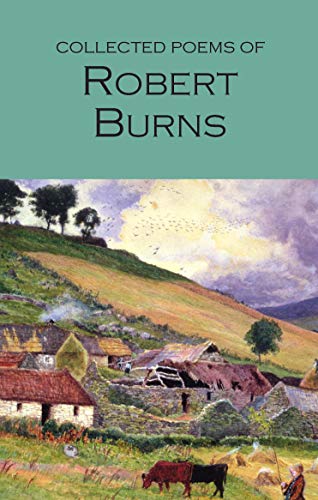
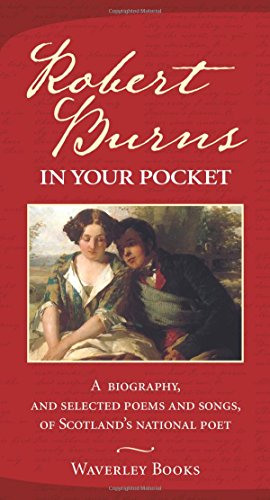
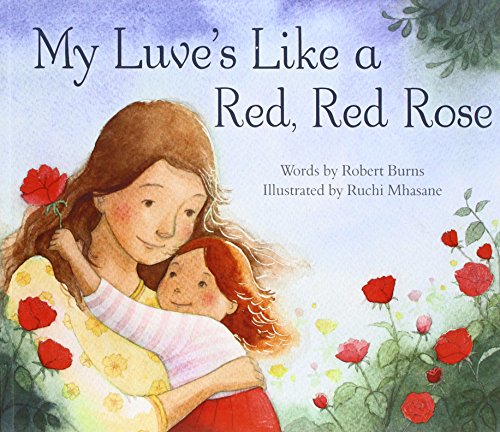
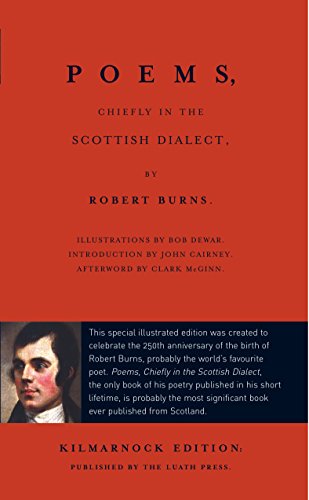
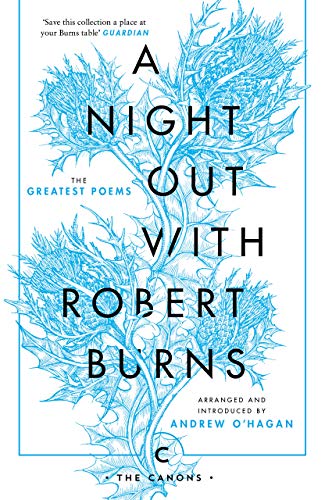
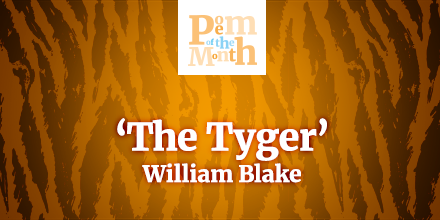
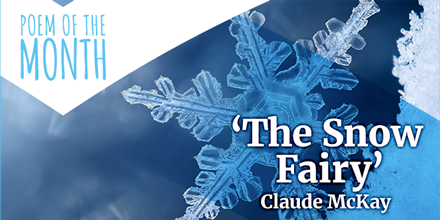
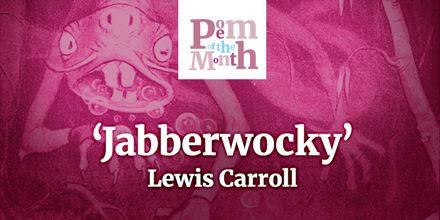
4 Comments
For a Burns Night I was invited to a few years back I decided to learn to sing “Red Red Rose” and also to recite “To A Mouse”. Each guest had to perform something Burnsian.
What a joy getting my head round these Burns classics! I listened via You Tube to several different professional renderings of the “Mouse” trying to pronounce those beautiful meaty words with a convincing Scots accent, which I was told by my Scottish hosts wasn’t too bad!
I’ve never forgotten these pieces, and it still gives me such great pleasure to perform them at every opportunity (even if no-one’s listening!)
Despite being Scots born and having lived here all of my adult life, I often struggle to understand some of the language used in his work. There appears to be a current trend among writers of contemporary works to revive the Scots language.
Just need someone to confirm that the book that I have ordered is on its way I have not had any communication from you, but the money has been taken from my account. Usually I receive a barrage of emails the time not a thing
Hello,
Unfortunately, this blog is not monitored by customer service. Please contact us via our website and your issue will be looked into and resolved asap.
Thank you